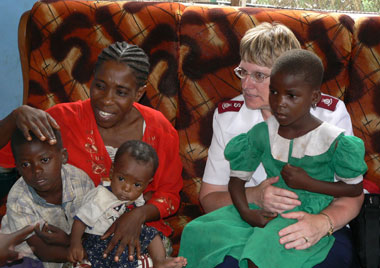 We live in a broken world where millions experience hunger, poverty, war, disease, unemployment, and lack of education and health care. There are so many challenges that it can be difficult to know how and when to respond appropriately. Fortunately, The Salvation Army is active in 117 countries, demonstrating love in action to those desperate for support and assistance.
We live in a broken world where millions experience hunger, poverty, war, disease, unemployment, and lack of education and health care. There are so many challenges that it can be difficult to know how and when to respond appropriately. Fortunately, The Salvation Army is active in 117 countries, demonstrating love in action to those desperate for support and assistance.
The Salvation Army doesn't parachute into troubled communities and start fixing things. Finding answers begins with listening, which is why the Army seeks to build relationships and partnerships in the communities it serves.
Here are a few snapshots of The Salvation Army at work internationally. Through the support of the Partners in Mission Appeal, the Army is able to provide significant support worldwide. Our brothers and sisters, often living out their faith in grave circumstances, depend on us not only for financial support but for our friendship and commitment to uphold them in prayer.
Vulnerable Children
In Tijuana, Mexico (below), The Salvation Army has begun an extended day-care program to ensure that children are nurtured in a safe, loving environment while parents, mostly single mothers, work long hours in factories. The project is one way the Army is responding to human trafficking. In Monrovia, Liberia, the Army operates an after-school program to support at-risk children.
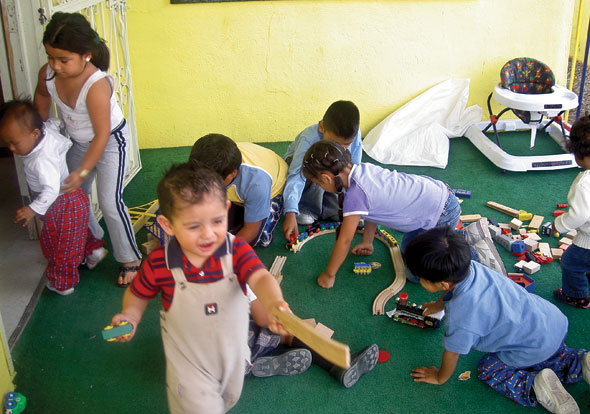
Clean Water
In rural villages, people require access to water for drinking and agriculture. From building boreholes in Malawi, rehabilitating wells in Liberia and reconstructing the water system damaged by an earthquake in Sichuan, China (below), The Salvation Army is ensuring that thousands have access to clean, safe water.
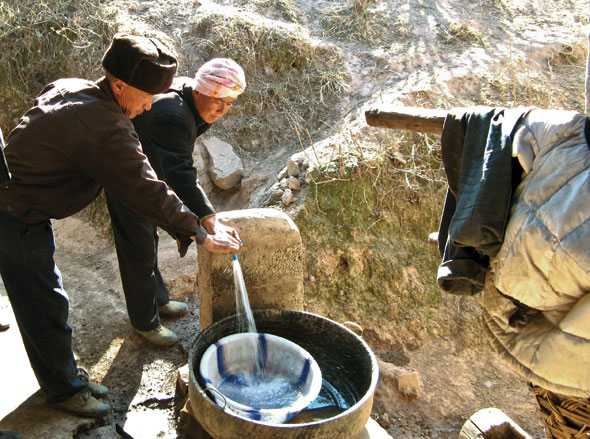
City Slums
Poverty, hunger and disease are not just rural issues. One billion people worldwide live in city slums, often making risky decisions to eke out a future for themselves and their families. In cities such as Monrovia, Liberia (below), the Army is facilitating opportunities for education and employment in addition to providing assistance for food and health concerns.
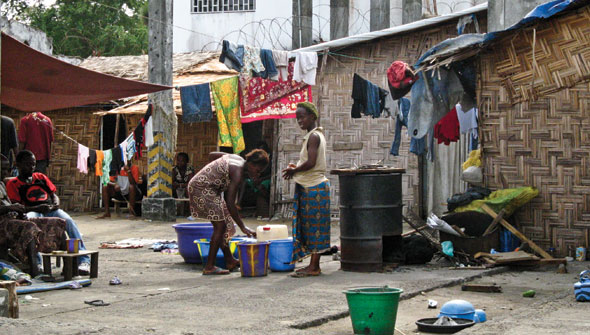
HIV/AIDS
Thirty-three million people are living with HIV/AIDS worldwide, with countries such as Liberia (below) having the largest proportion. With funding from CIDA, a three-year project has commenced in Malawi, Tanzania and Kenya, providing HIV/AIDS awareness training, home-based care for the sick and dying, and outreach to the growing number of orphans and vulnerable children.
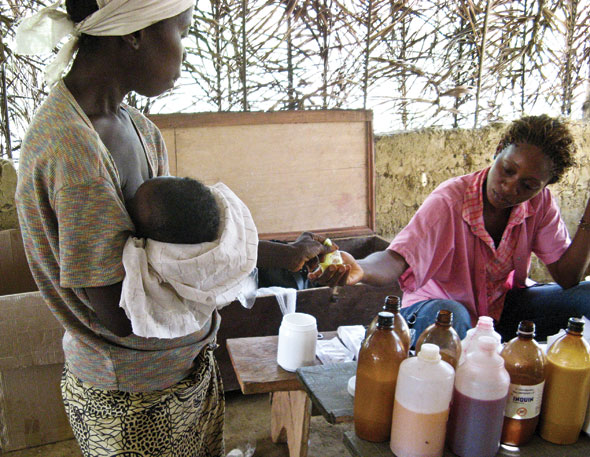
Adult Literacy and Microcredit
There's a saying, “Educate one woman and you are educating a whole village.” Literacy, basic math and business skills─along with microcredit loans─create opportunities for women to generate income that will benefit their families. In Bangladesh (below), the Army reaches out to sex-trade workers, providing opportunities for literacy and vocational training that open doors to a better future. In Tanzania, women gain the skills and confidence necessary to operate their own businesses.
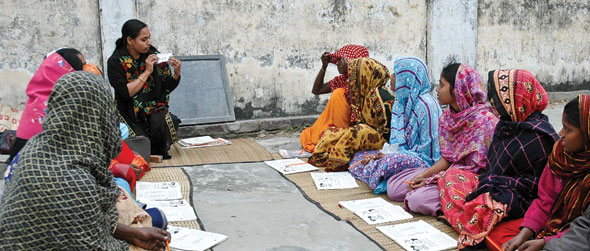
Community Mapping
In Tanzania (below), village elders and representatives draw a map of their community, prioritizing their needs and identifying their strengths. The Salvation Army utilizes this approach throughout the world, encouraging people to explore their local potential to respond to challenges.

Click here for more information on Partners in Mission.









Comment
On Tuesday, July 7, 2009, Partners in Mission - CFOT | CFOT.ca said:
Leave a Comment